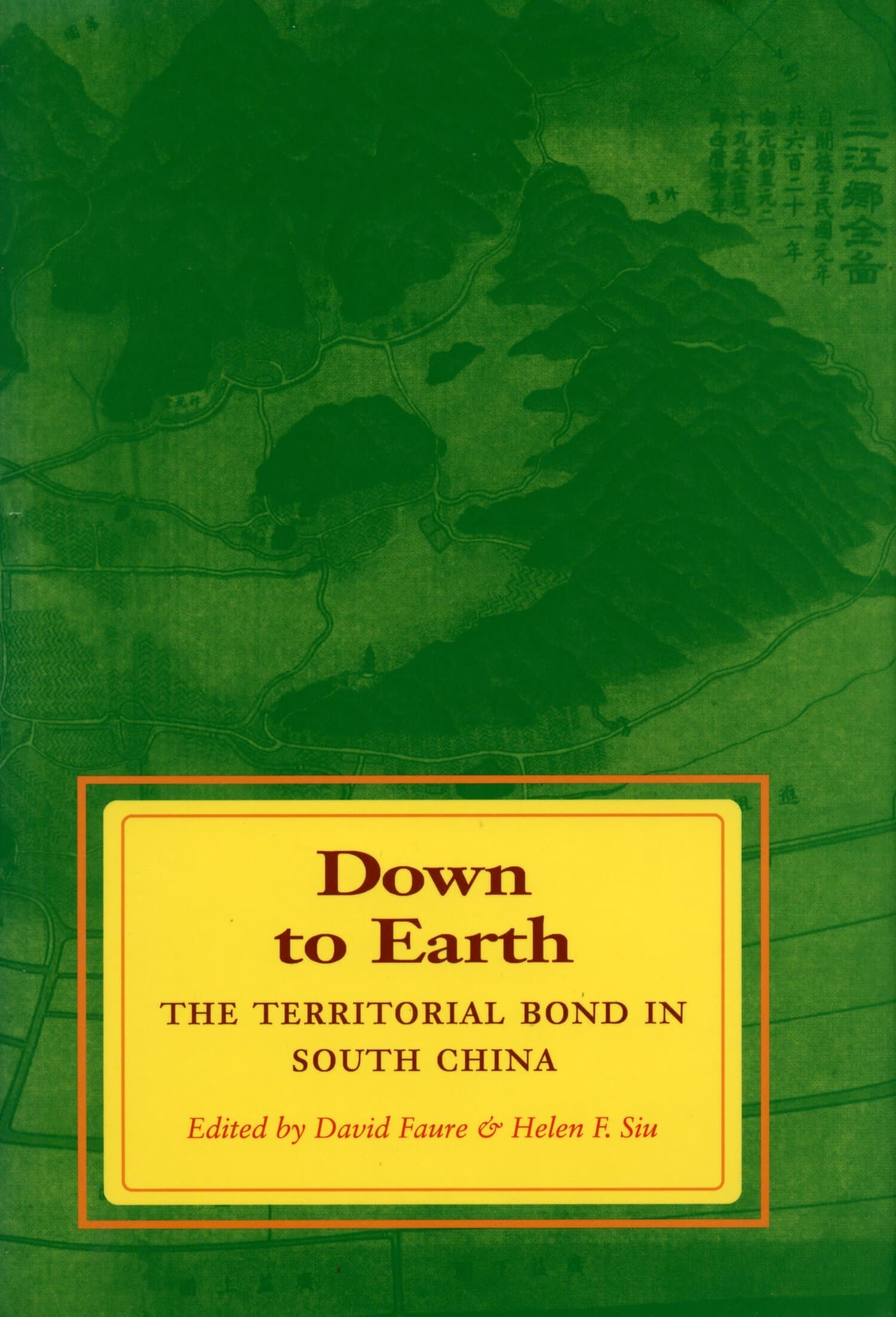The Fourth Circle

This book addresses the politics of environmental change in one of the richest areas of tropical rainforest in Indonesia. Based on field studies conducted in three agricultural communities in rural Aceh, this work considers a number of questions: How do customary (adat) village and state institutions work? What roles do they play in managing local resources? How have they evolved over time? Are villagers, state policies, or corrupt local networks responsible for the loss of tropical rainforest? Will better outcomes emerge from revitalizing customary management, from changing state policies, or from transforming the way the state works? And why do projects designed by outsiders so often fail?
The book describes how, as key actors interact, they create arrangements that effectively manage local resources, eclipsing adat and formal state management structures. While outside interventions try to work with adat and the state, they fail to engage fully with the main problem—that is, that district webs of power and interest, coalescing around local resources and reaching into the wider society, lead inexorably to environmental decline.
"Eloquent and authoritative."—Bijdragen
"This book is a highly commendable study of the dynamics involved in forest destruction, conversion and conservation in South Aceh, an area known by the famous Gunung Leuser National Park. John McCarthy looks at institutional arrangements governing forests, drawing on legal anthropology to uncover the plurality and fluidity of 'rules in use' in natural resource management."—Internationales Asienforum
"Approaching resource degradation as an institutional problem embedded in socioeconomic structures and power relations, John McCarthy has written a book of significance well beyond his study area in the remote rainforests of Sumatra. In communities in South Aceh between 1996 and 1999, McCarthy investigated the interplay of state and customary (adat) institutions with other interests in managing local forest resources. This is an important work that generates understanding of the most pressing issues of our time I recommend the book highly. McCarthy intelligently details and discusses cases of global interest, yielding insights into complex interactions of tradition, colonial, state and informal institutions in effecting as area's resource management, and into the implications for conservation projects." —Lene Pederson, American Anthropologist




